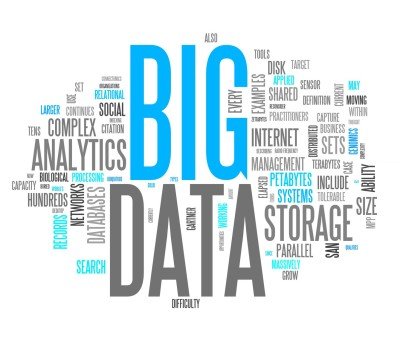There are small computer training institutes and some educational websites that offer training material for Hadoop. It is assumed that if a person has some knowledge of any of the parts of Hadoop, he or she is fit to analyze Big Data. But Hadoop is in itself, a multifaceted software with both programming languages (such as R) and database digging software built into it. Thus, it takes too long to understand what to study and what to leave out when it comes to data analysis in Big Data.
As the quantity of data is too much and too varied, it becomes hard for data technicians to separate and aggregate useful data for analysis purposes. Until now, there are no structured programs that tell users what data to compile and how to use it for analysis purpose.
To solve this problem, Arizona State University has come up with a program that will serve both newbies and data technicians. The aim is to help them identify useful data, create data structures and use them for analytics. It will also teach what all data to retain and how along with how to dispose of unwanted data after identifying it. Big data is here to stay and companies are struggling with it to find out methods to utilize it properly, without having to save each and every piece of information. It is said that either you understand Big Data or you don’t. There is nothing in between.
Arizona State University is now helping companies in forging understanding between data scientists and domain experts. The course is not aimed to turn people into complete data scientists. Rather, it helps people in communications with data scientists in a method that is easily comprehensible to everyone related to Big Data projects in a business environment. The problem in Big Data sector these days is that when external data scientists are hired for any purpose, the local employees are at complete loss as to how to talk with them regarding the data they have. The certification from Arizona University aims to fill this gap:
If you’re a manager saying ‘I think this big data can make a big change in, say, how we do our marketing to this specific clientele that we have,’ and you know that corporate is going to send you out some data scientists that you’ll be working with to develop some new solutions — you want to meet them more than half way.
The program lasts for six months and is offered online so that employees may study from anywhere in the world. The course includes Business Analytics Strategy, Foundations of Applied Analytics and similar modules that make you ready for the Big Data Revolution. The university says that it is important to have a partnership between people who know data is important and people who are domain experts. For example, if a truck company has real time information about its trucks, it can, in case of a route problem, reroute its trucks using the real time analysis of data at hand.

Leave a Reply